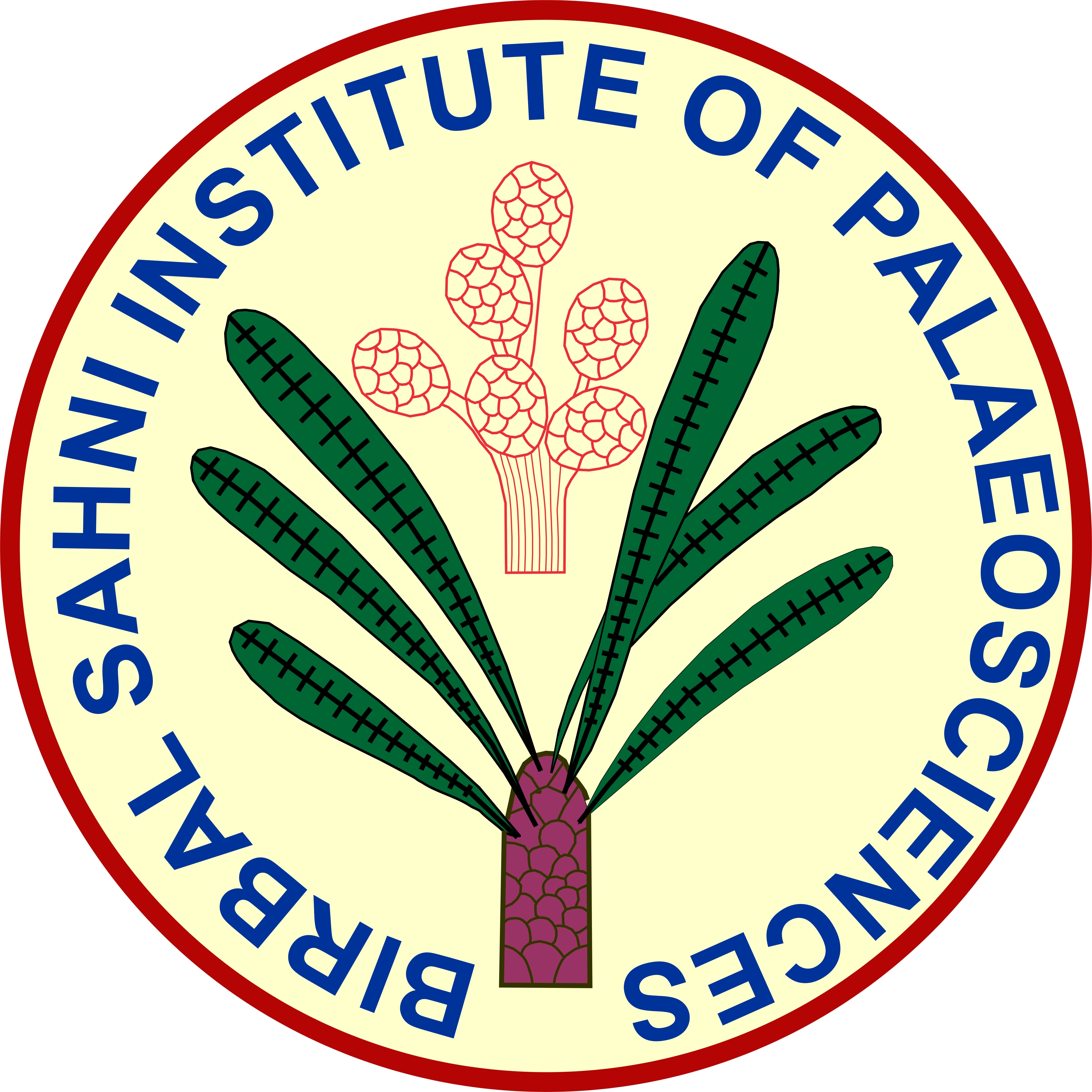|
Home
- BSIP Lectures
- Sir Albert Charles Seward Memorial Lecture
| Title: | Role of Palaeobotany in Indian Geology |
| Authors: | Chaterji, G.C. |
| Issue Date: | 1969 |
| Publisher: | Birbal Sahni Institute of Palaeobotany |
| Abstract: | Palaeobotanical studies in India date back to the third decade of the nineteenth century. Since then there have been significant contributions of critical importance to Indian stratigraphy, of which, of course, the studies on Gondwana flora far outshine others. Sir Albert Charles Seward and Professor Birbal Sahni were the first to modernize the studies on Gondwana flora, and tributes are offered to both of them.
Plant fossils from the earliest Cambrian to the Pleistocene have been recorded from various stratigraphic horizons in India, and studies on the same are to be intensified. Such studies have already helped in palaeoecological interpretations regarding the Gondwana Era and parts of the Tertiary period. Further studies are urgently needed to fill in the blanks in the reconstructed geological history.
Application of palaeobotanical studies in the scientific exploration and development of coal, petroleum and diatomaceous earth has already attained much success in India and abroad. The scope of research in this domain is ever expanding, and the extension of such studies to the problems of exploration of phosphorites and gypsum may prove to be fruitful.
Future studies in palaeobotany in India could pay some more attention to the problems pertaining to the remnants of earliest psilophyton flora, microflora of the Gondwana formations, floral evidence on Permo-Triassic boundary and the search of micro-flora in the so-called unfossiliferous formations of the Himalava. A greater emphasis on the study of microflora or the Tertiary formations is due, and activities have accelerated in this direction. Simultaneously with these the history of evolution of plant life through the ages need to be reviewed with greater precision. This may have important implications in regard to planetary evolution.
Modern researches in palaeobotany tend to be more botanically oriented. The geologists, in their search for evidences to reconstruct the history of the earth, are looking forward to ever increasing contributions from the palaeobotanists who may, therefore, devote some more time to the geological aspects of the fossil plants. |
| URI: | http://hdl.handle.net/123456789/2051 |
| Appears in Collections: | Sir Albert Charles Seward Memorial Lecture
|
Items in DSpace are protected by copyright, with all rights reserved, unless otherwise indicated.
|

